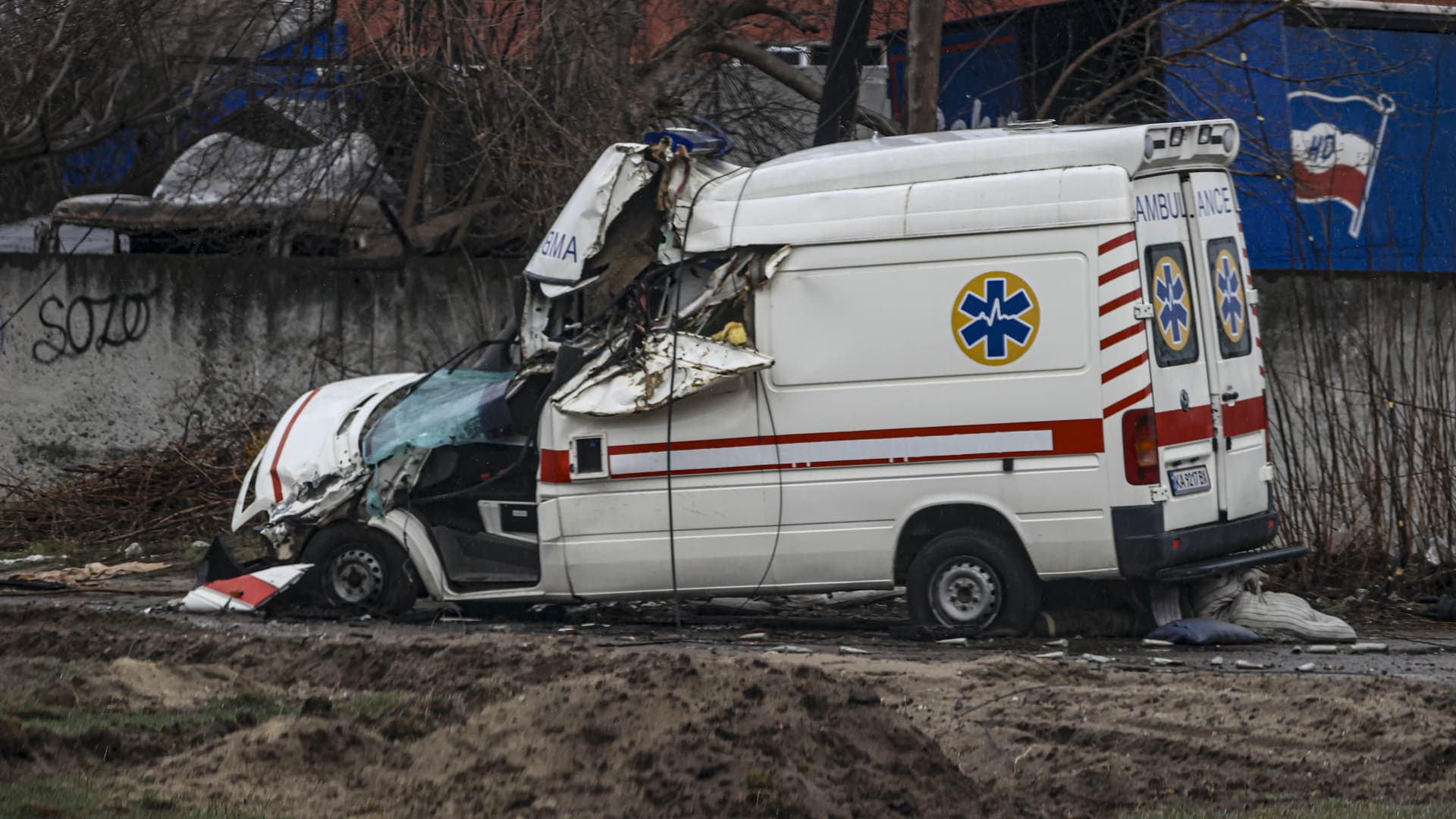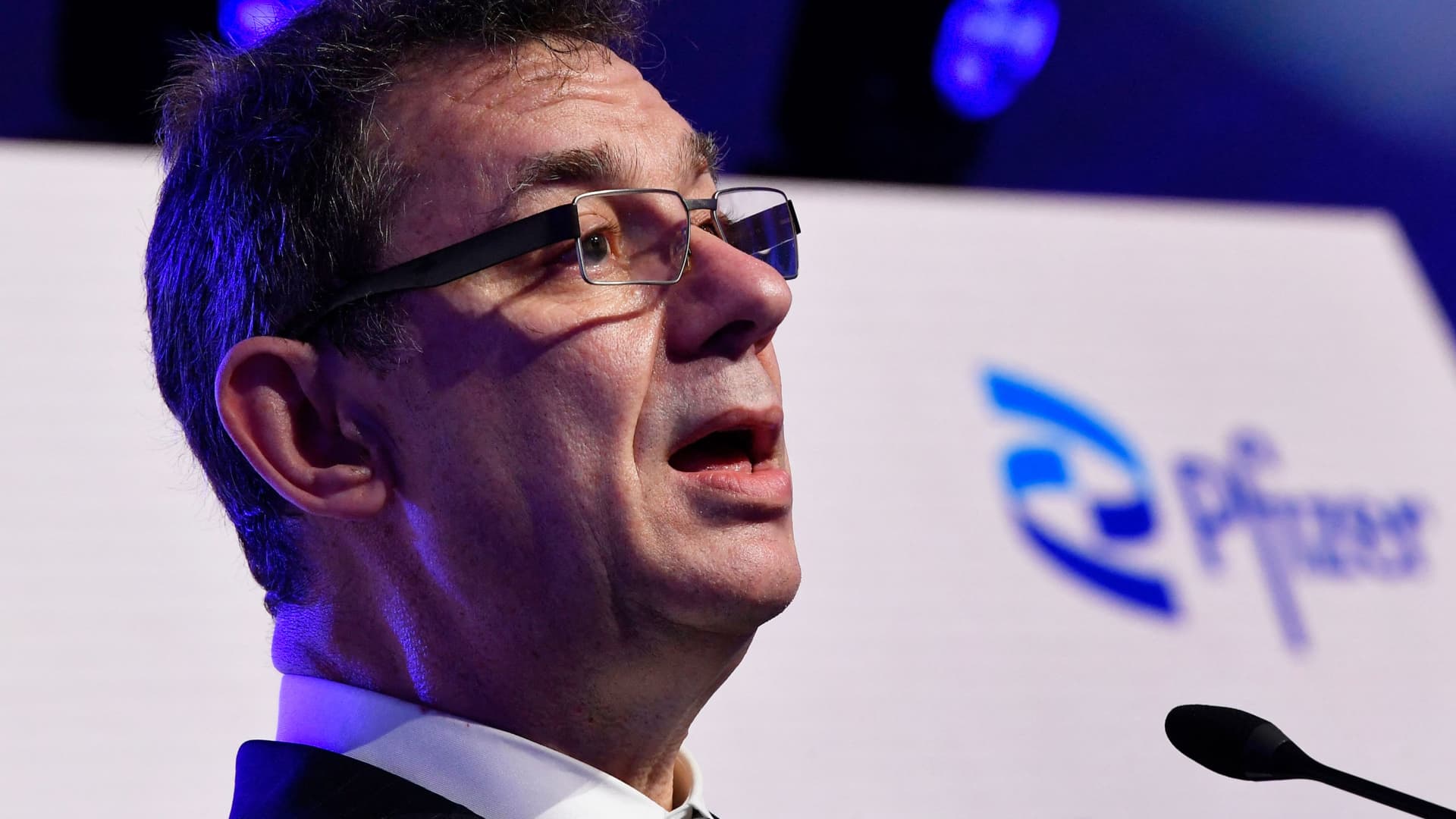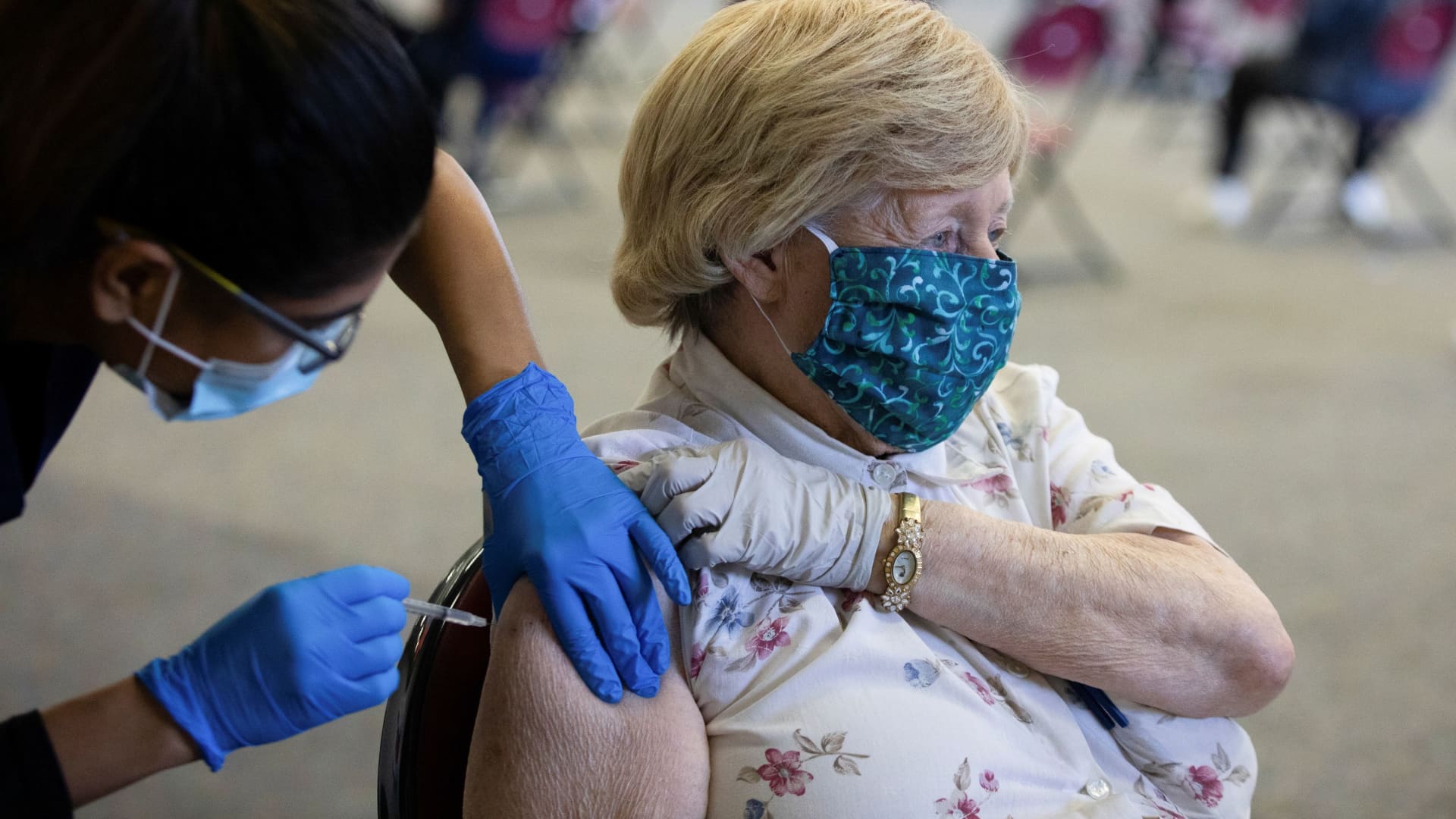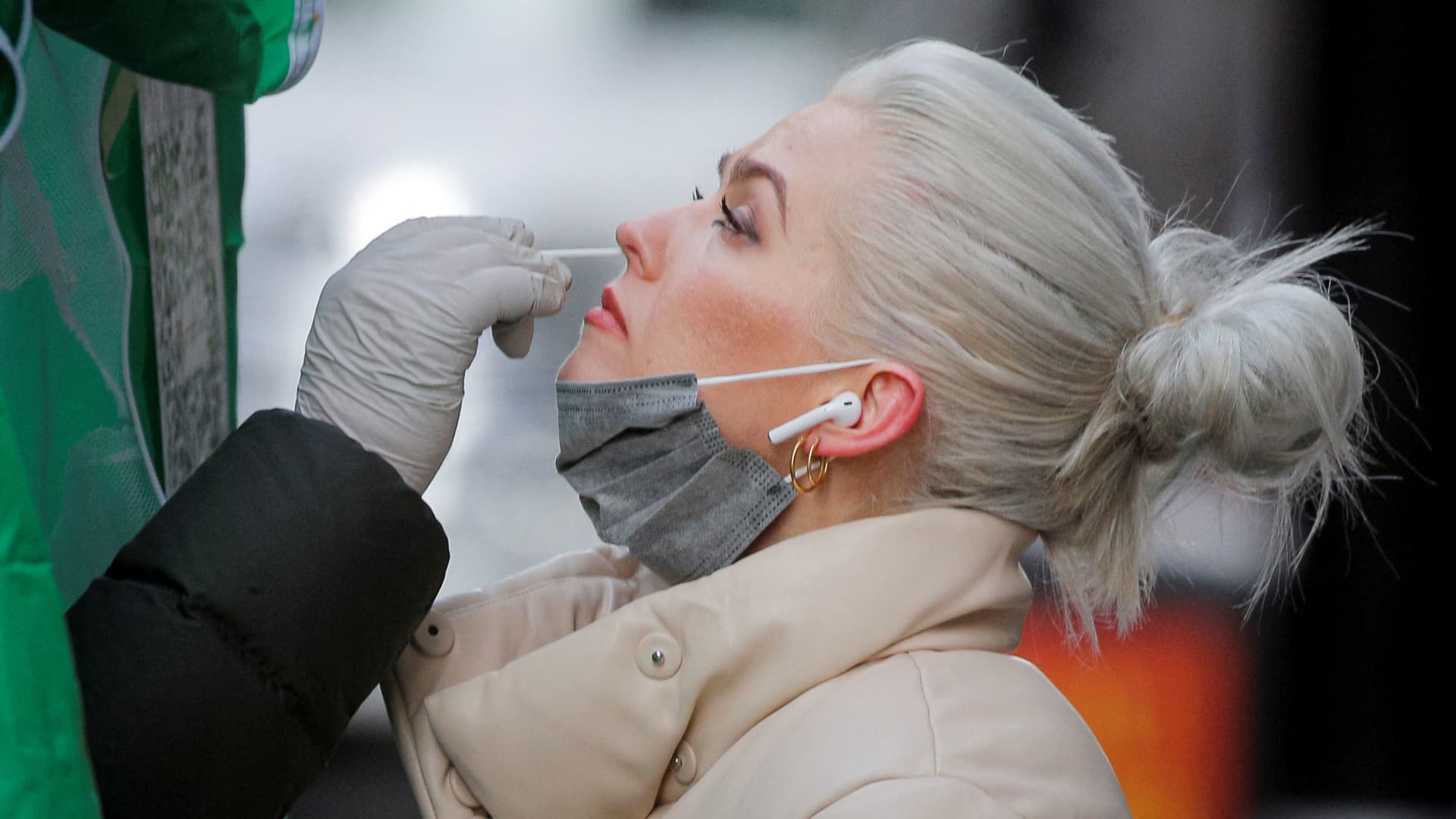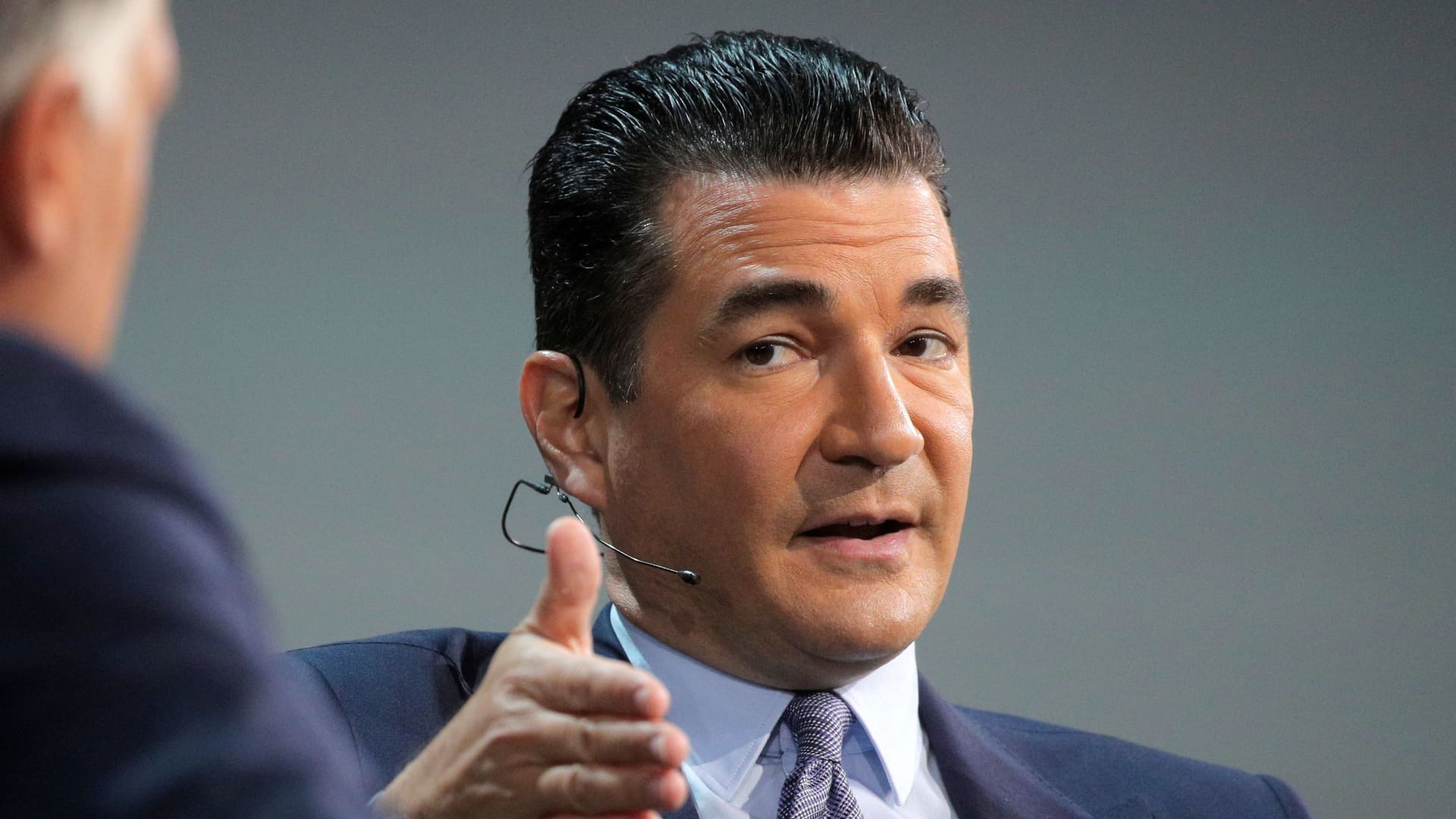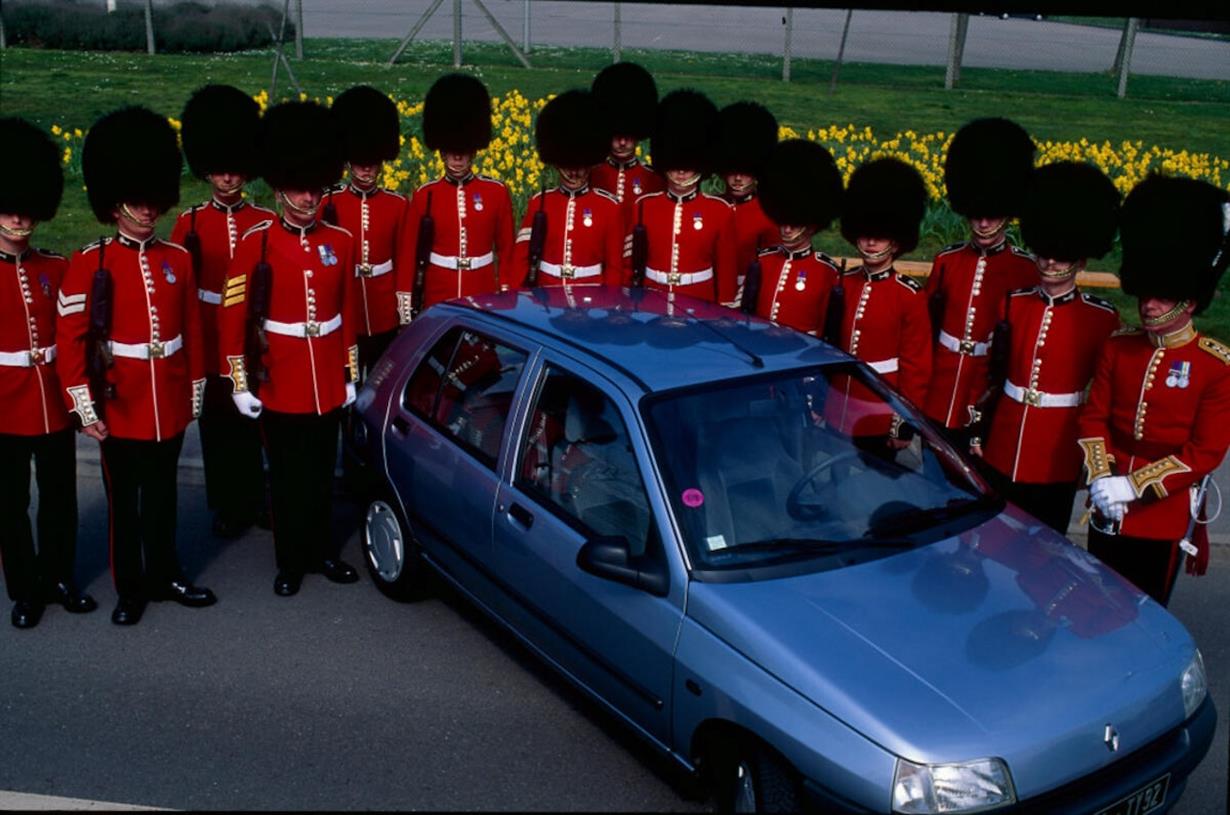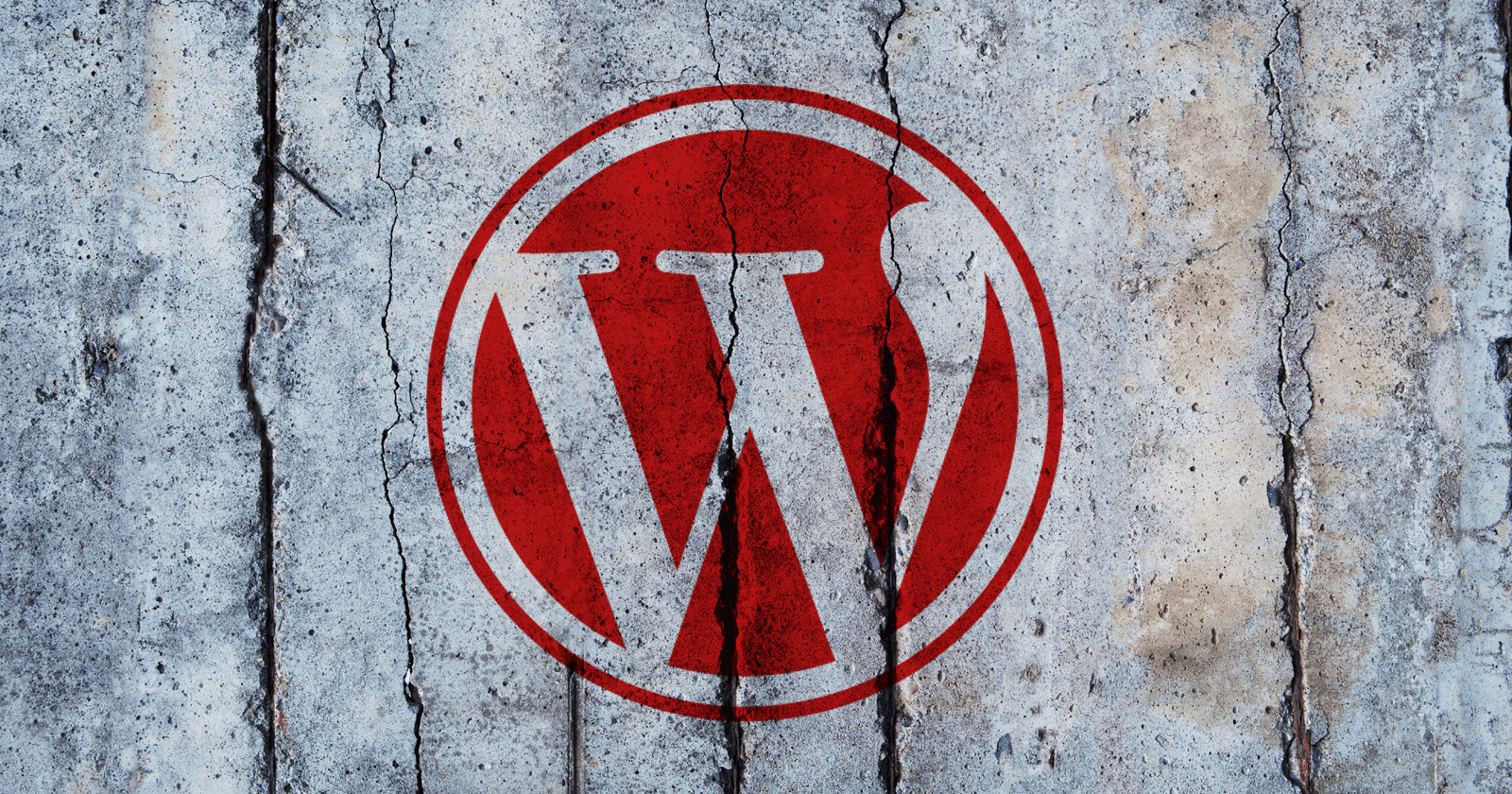Fauci says it's 'disturbing' that some people won't take Covid vaccine because of politics
"It's almost paradoxical that they don't want to get vaccinated," White House chief medical advisor Dr. Anthony Fauci said.
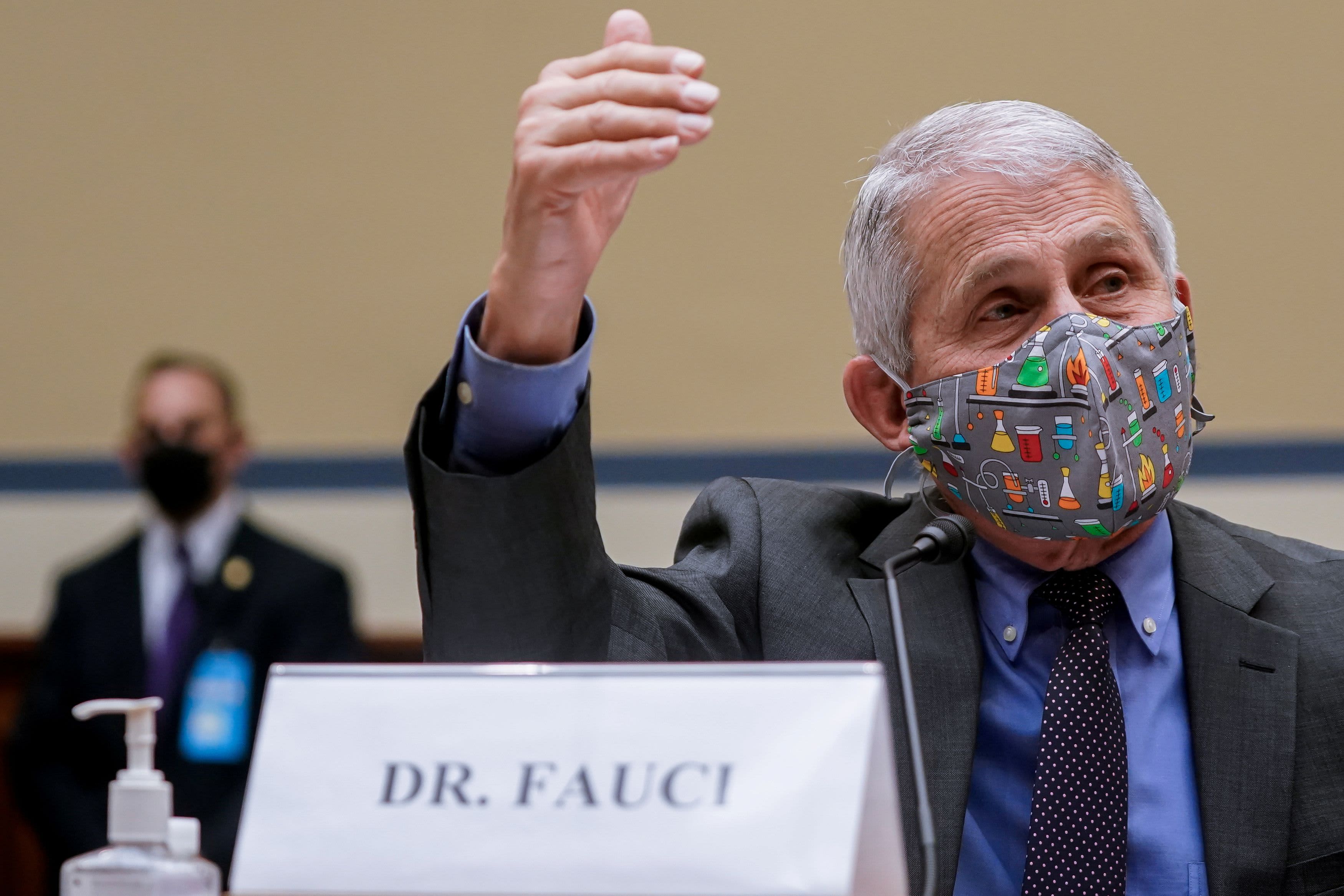
Dr. Anthony Fauci, director of the National Institute of Allergy and Infectious Diseases testifies before the House Select Subcommittee on the Coronavirus Crisis on the Capitol Hill in Washington, U.S., April 15, 2021.
Amr Alfiky | Reuters
White House chief medical advisor Dr. Anthony Fauci said Monday it is "disturbing" that some Americans won't take a Covid-19 vaccine due to political reasons.
Fauci said those refusing to get vaccinated against the virus are the same ones who say the U.S. government is "encroaching on our liberties" by asking Americans to wear masks and implement other pandemic safety measures. He said the "easiest" way to get out of the pandemic is to get a vaccine.
"It's almost paradoxical that they don't want to get vaccinated," Fauci said during an interview with "CBS This Morning." "So that's the thing that we've got to work on. We can't be pejorative to them. We've got to try and convince them why it's so important to get to where they want to be and where I want to be and where all public health officials want to be, would be to get vaccinated."
Fauci's comments come as President Joe Biden's deadline arrived for states to expand their vaccine eligibility requirements. Biden asked states to open appointments to all U.S. adults by Monday.
Even with vaccine eligibility opening up, polls suggest a significant portion of Americans will refuse to take the shots, potentially stalling that nation's recovery from the pandemic that has killed at least 567,233 Americans in a little over a year.
About 28% of Republicans said they will "definitely not" get a Covid-19, and 18% said they will "wait and see" before getting a shot, according to a poll from the nonprofit Kaiser Family Foundation released in late February.
Anthony D. Dell'Aera, Worcester State University assistant professor of political science, told CNBC in a recent interview that these Republicans, many of them supporters of former President Donald Trump, are often distrustful of government and therefore will likely refuse the vaccines.
He said researchers saw similar vaccine resistance among Republicans during the 2009 H1N1 swine flu pandemic.
"Republicans, and the Trump supporters specifically, are the most likely to have less confidence in government and the vaccination push," he said, adding that vaccine resistance goes "beyond" Trump himself. Trump simply "tapped into this distrust of government and I think Trump helped get this prospect more out in the open," he added.
Fauci said the U.S. has deployed thousands of clergy, athletes and other respected members of local communities to persuade people to get vaccinated.
"There really is going to be a full-court press on getting people [vaccinated,] no matter who they are," he said.

 MikeTyes
MikeTyes 








